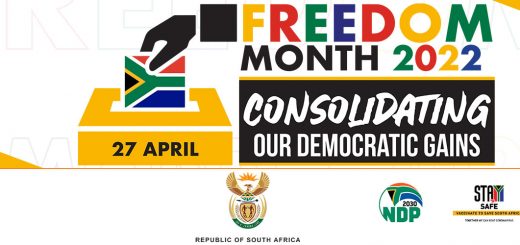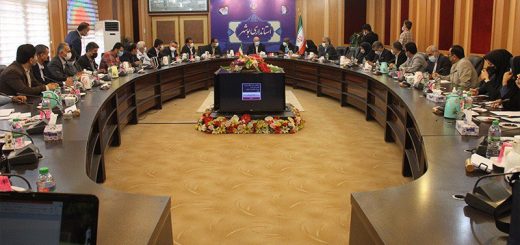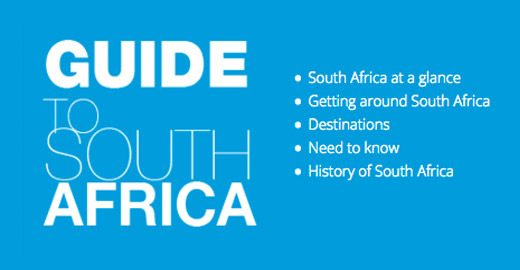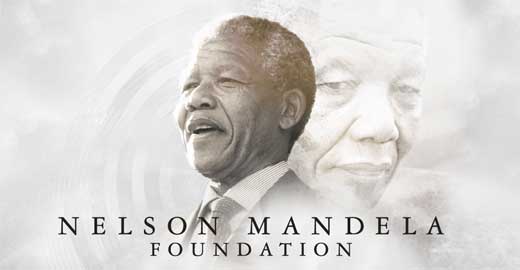Women’s Month 2021
WOMEN’S MONTH 2021
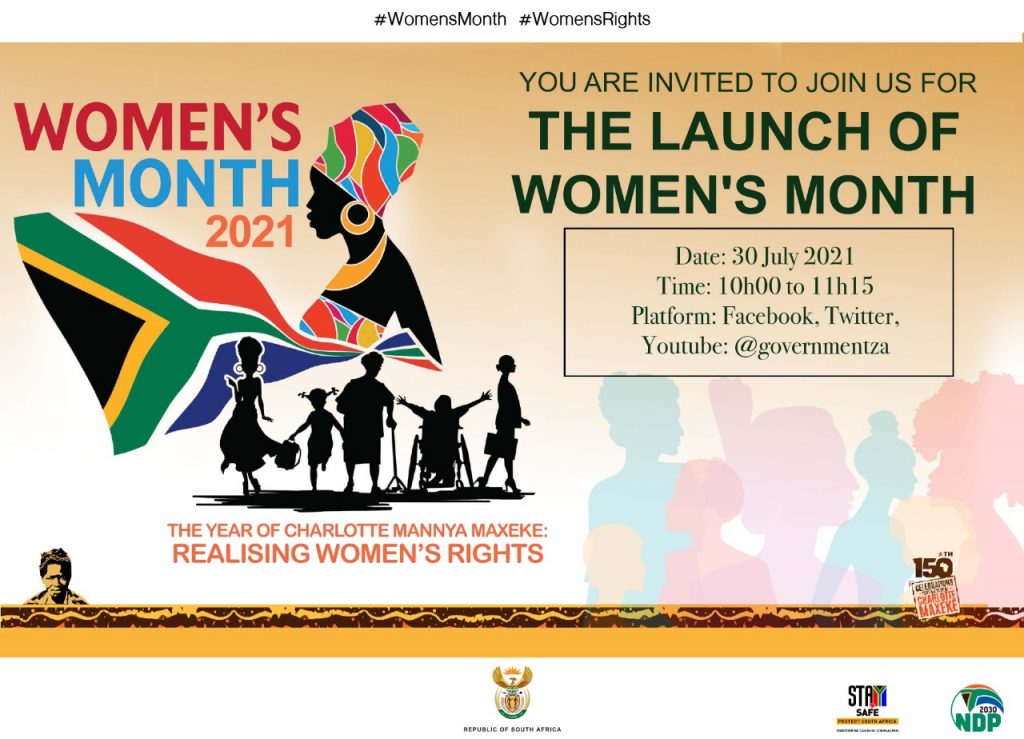
KEY MESSAGES
BRIEF:
Every year, in August, our country marks Women’s Month, when we pay tribute to the more than 20 000 women who marched to the Union Buildings on 9 August 1956 in protest against the extension of Pass Laws to women.
This year marks 65 years since the watershed 1956 women’s march to the Union Buildings. The year 2020 also marks the twenty-sixth anniversary of the Beijing Platform for Action, which created a platform for greater gender equality.
This year’s commemoration will be held under the theme: “The year of Charlotte Mannya Maxeke: Realising Women’s Rights”. Ensuring and protecting rights for all has been a constant struggle for government and our social partners, as we battle the devastating COVID-19 pandemic.
The COVID-19 pandemic has impacted our nation and her people in countless ways. What was initially a health crisis has impacted the economy, health, education, food security and gender equality.
Women also face the second pandemic of gender-based violence, as well as the economic impacts of COVID-19, and the recent civil unrest which engulfed KwaZulu-Natal and parts of Gauteng.
Women’s Month allows us to gauge how far we have come in transforming society, particularly the transformation of unequal power relations between women and men. While also focusing on and addressing gender oppression, patriarchy, sexism, racism, ageism, structural oppression, and creating a conducive environment which enables women to take control of their lives.
| KEY MESSAGES | SUPPORTING STATEMENTS |
| Together we pay tribute to many remarkable women in our country. | In Women’s Month, we pay tribute to women in the liberation struggle and the women of today.The women of 1956 and countless others set the tone for gender equality and empowerment in a democratic South Africa.Their brave actions inspired women to take their rightful place in parliament, government and civil society.Through their sacrifices, we now live in a country which recognises women as equal citizens, with equal rights and responsibilities.South Africa’s Constitution and Legislation is recognised as one of the most gender equal in the world, however, societal and cultural practises severely impact on the rights of women.Women’s Month is about putting a spotlight on the challenges that women still face, as well as celebrating the success of women in all spheres of life. The theme for Women’s Month 2021 reaffirms our commitment to realising women’s rights. South Africa forms part of the global Generation Equality Campaign which pursues inter-generational partnerships to eliminate gender inequality.South Africa secured chairship of the Bureau for the 66th and 67th sessions of the Commission on the Status of Women in 2022 and 2023. The Bureau of the Commission plays a crucial role in facilitating the preparation for, and in ensuring the successful outcome of the annual sessions of the Commission.South Africa will use this opportunity to champion the acceleration of gender equality following the fifth Beijing (Beijing +25) review in 2020 which revealed that despite some progress, real change has been slow, and no country can claim to have achieved gender equality almost 26 years after the adoption of Beijing Declaration and Platform for Action in 1995. |
| Our response to COVID-19 has prioritised the protection of women. | Women’s Month 2021 will bring the country’s attention to focus on COVID-19 and its effects on women, South Africa’s economic recovery and capitalising on the opportunity to ensure women benefit from empowerment programmes, as well as society and government’s response to Gender-Based Violence and Femicide.Our government continues to uphold its constitutional responsibility to protect, promote and advance the rights of women.Government acknowledges that women have been impacted by COVID-19 and prioritises the protection of women’s rights. Survivors of gender-based violence have access to support and services, including the GBV hotline, shelters and centres providing support to victims of sexual violence.The social security net has been increased to protect vulnerable families, especially women and children from the economic impact of the pandemic.We will continue to ensure that measures to protect and stimulate the economy are targeted at women.The promotion of gender equality and women’s empowerment is central to our efforts to combat poverty and stimulate sustainable development. Women are adversely affected by the economic fallout of COVID-19. Women must be a central part of efforts to build back better. The South African National Policy Framework for Women’s Empowerment and Gender Equality (Gender Policy Framework) aims to: Ensure that the process of achieving gender equality is at the epicenter of transformation within all structures, institutions, policies, procedures, practices and programmes of government, its agencies and parastatals, civil society and the private sector. |
| The empowerment of women is key to our nation’s advancement. | As the country works towards overcoming the social and economic fallout of COVID-19, we must ensure greater advancement of women.As we enter the Decade of Women’s Financial Inclusion, women must form a central part of efforts to build more inclusive economies. Empowerment is also about women experiencing the freedom to participate freely in the day to day activities – such as exercising on public roads without victimisation of catcalling or other forms of GBVF.Together we can end gender discrimination and advance the rights of women and girls in the political, economic, social and cultural spheres of life. We must continue to expand the programmes and processes to accelerate women’s participation in supply value chains through preferential procurement in the public and private sector.By ensuring that women have access to and ownership of productive resources we will build our economy and our nation.We call on women to play their part in building the economy by actively participating in the implementation of the Infrastructure Investment Plan.The Infrastructure Investment Plan aims to revive the construction industry as well as improve skills and institutional capacity.There are opportunities for women to start their own businesses and government remains committed to scale up our support for female entrepreneurs.Among the key issues in this regard are equal access to the economy, equal pay for work of equal value, equal sharing of unpaid care and domestic work, an end to sexual harassment, including in the workplace, and all forms of violence against women and girls, access to quality health-care services that respond to their needs, and equal participation in political life and decision-making in all areas of life. The empowerment of women in South Africa is about dealing with the legacy of apartheid and the transformation of society, particularly the transformation of unequal power relations between women and men, and fundamental changes to institutions and laws. It is also about addressing gender oppression, patriarchy, sexism, racism, ageism, and structural oppression, and creating a conducive environment which enables women to take control of their lives. |
| Vaccines promise a new dawn. | Vaccination remains our most effective weapon in the fight against COVID-19.COVID-19 vaccines reduce the risk of severe disease, hospitalisation and death.We are now administering more than 240,000 vaccines every week day.From 1 September 2021, people between the ages of 18 and 34 will be eligible for vaccination.We call on people in this age group, as well as those over 35 to continue to register on the EVDS. We urge all South Africans to register for vaccination as soon as they are eligible, whether online, via WhatsApp or USSD, or by calling the toll-free number on 0800 029 999.In addition, people can now simply present themselves at a vaccination site, even without an appointment, they will then be registered and vaccinated.Women must be encouraged to vaccinate, and must ensure family members vaccinate to stop the spread of COVID-19. |
| Together we can fight women and child abuse. | The COVID-19 lockdown has witnessed an increase in domestic violence and abuse, leaving women vulnerable and in danger.As a nation we cannot only be shocked and horrified every time a woman or child is raped or killed.We must move beyond the shock and ensure that concrete actions are taken to end the scourge of GBV.We can no longer turn a blind eye to the cries of help from the most vulnerable in our midst. The culture of bystanderism must stop. We must report all cases of assault, abuse and harassment. We must not normalise harassment of womenIt is the responsibility of all South Africans to end the culture of silence around gender-based violence and report perpetrators to the police.All of us, whether in our communities or in our homes must do all we can to promote and protect the rights of women and children. The National Strategic Plan on Gender-Based Violence and Femicide requires all of civil society to pull together in realising the plan. We want a society free from any sort of violence targeted at women and young girls, or the LGBTIQIA+ Community.There is also evidence that shows when women are economically empowered, it decreases their vulnerability to gender based violence. |
| We can learn from those who have come before. The Year of Charlotte Mannya Maxeke | Our history abounds with patriots whose actions have paved the way for our democracy and freedom. 2021 marks the 150th anniversary of struggle icon and human rights campaigner Charlotte Maxeke.She and other selfless women were at the forefront of fighting for the many freedoms that we enjoy today. She helped organise the anti-pass movement in Bloemfontein in 1913 and spearheaded the fight for social justice. Together we can use her legacy to ensure the transformation of gender relations and the political, social and economic empowerment of women, including young women and those with disabilities.This year must be used to highlight her history, preserving her heritage and celebrating her legacy through identification, collection (antiques and archives), documentation, dissemination and displaying of her rich and comprehensive history.Revitalizing, Rebranding and Repositioning of Mme Charlotte Mannya Maxeke’s legacy through social developmental programmes and women empowerment initiatives that are aligned with the beliefs and values she stood for must form part of programmes launched this year. We must acknowledge and honour female icons particularly Africans and their various input to the country, continent, and world. This year is about celebrating and encouraging women excellence across all spheres.2021 is about highlighting her role as a true “Mother of African Freedom” |
| Women as drivers of a physically healthy nation | SA is ranked the unhealthiest country in the world in 2019 with 31% of men and 68% of women in South Africa considered obese.Children aged 6-14 with an overweight and obesity prevalence of 13.5%, which is higher than the 10% global prevalence in schoolchildren.Women as caregivers play a big role in controlling consumption for family members. Women must be at the centre of efforts to ensure a healthier nation. Women are heavily impacted by poor diets, food security, obesity amongst children, etc.Women are impacted by access to healthcare services, so maintaining a healthy lifestyle would reduce women’s exposure to health risks. South Africans are becoming increasingly inactive and this must be addressed through women encouraging participation in physical activities within the household, and within communities. Government’s Choose 2 B Active Campaign encourages South Africans to choose a more healthy active lifestyle to mitigate against non-communicable diseases like diabetes and heart-related illnesses. |
| Women have a right to equal access and participation in sport | South African sport still requires gender transformation. Issues of harassment, equal pay, representation in management and senior levels of sporting bodies must be addressed. Women are representing South Africa proudly at the Tokyo Olympics. Encouraging participation in sport opens the doors for healthier lifestyles. Young girls must be encouraged to participate in sports, and take on sporting codes traditionally preserved for men. Women representing South Africa at the Olympics serve as role models for young South African women. South African government stands with Caster Semenya in her battle to affirm her identity. |
| Women as builders of a peaceful nation | Given the unrest experienced in the country and volatility in the peace climate, the participation of women in peacekeeping efforts and negotiations must not be overlooked.Widespread mayhem and looting is occurring in the provinces of Kwa-Zulu Natal and Gauteng. The incidents are a manifestation of far deeper political and structural problems in this country, which must be addressed. Large scale poverty, inequality and unemployment as well as inter and intra-party-political divisions and inadequate security provisioning has created an opportunity in which the poor and the most vulnerable can be caught up in “big men” politics. The National Action Plan on Women Peace and Security launched in March 2021 makes a strong call for the development of a peace infrastructure in South Africa. We must promote peace and refrain from actions that fundamentally destroy our hard-won democracy. Women and youth use the NAP on women peace and security to create the kind of society that we all envision: PEACE AND SECURITY FOR ALL IN THEIR DIVERSITY. |
| Women in the Green Economy | A green economy improves human well-being and social equity, while significantly reducing environmental risks and ecological scarcities.Absence of a green economy would translate to degradation of natural resources and ecosystems, loss of biodiversity and cases of increased poverty. This would affect everyone but women are more prone to bearing the biggest brunt.The United Nations Industrial Development Organization (UNIDO) in partnership with UN Women, Department of Women, Youth and Persons with Disabilities (DWYPD) and Department of Trade, Industry and Competition (DTIC) recently launched the Policy Assessment Report on the Economic Empowerment of Women in the Green Industry. Underpinned by drivers such as Climate Change, the Sustainable Development Goals, Post Covid-19 economic recovery and the drive towards Gender Equality, the Economic Empowerment of Women in Green Industry in South Africa must not be overlooked.Food security, drought, and impacts of industrialisation all affect women so women’s participation in policy making in the green economy must be prioritised. Women need to participate in decision-making within the sectors, as well as be given opportunities to enter these fields as entrepreneurs and women-owned businesses. The opportunities the green economy potentially holds for women’s participation in green growth relate to:green production and manufacturing processes (eliminating (chemical) inputs and hazardous working conditions), green consumerism (creating new business opportunities and markets), micro, small and medium enterprises development and female entrepreneurship (including new professions, product development and use of green technology). |
